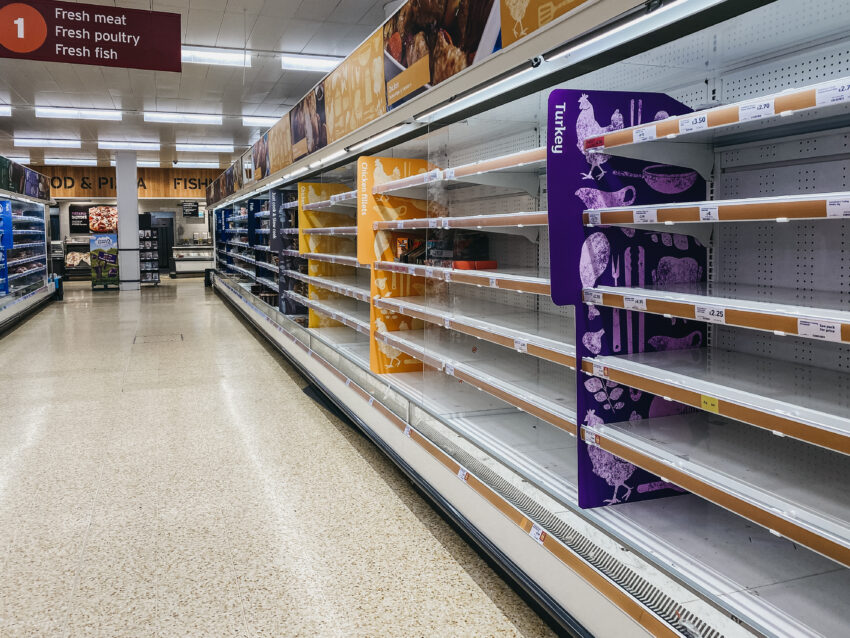Supermarket shelves could be left lacking certain food and drink items this winter if smaller companies go bust amid high energy bills, a food industry leader has warned MPs.
It will be a “really difficult winter,” Karen Betts, chief executive, Food and Drink Federation (FDF) told MPs at the Business, Energy and Industrial Strategy Committee on Tuesday morning.
The food industry was “caught in the eye of a pretty powerful storm” with businesses battling to stay viable while also trying to keep products affordable for consumers, she said.
If small firms are forced into collapse this winter due to rising energy costs, there would “absolutely” be a “tightening of supply of certain products.”
Companies would feel “reassured” by having “a more detailed conversation” with government about what happens in the event of a disruption to energy supplies over the winter, Betts added.
“As we go through the winter, we will see how it goes – but different businesses will be impacted in different ways. And some businesses may not make it through,” she told MPs.
Many firms are currently coming off their fixed rates at the moment and finding it “impossible” to fix prices at “an affordable price” going forward.
After being offered prices that are “exponentially higher” than they were before for the next few years, most firms have moved to a daily rate. This has been “making their lives pretty volatile,” she said.
There was a “real criticality” within the supply chain of many small businesses, leaving “many of our larger companies worried” about their own supply chains.
In particular, energy intensive users such as “flour millers, coffee roasters, [and] bakeries,” would be more impacted than others by “very high prices.”
What’s more, there was a “real tightness” in the carbon dioxide market, despite work by government and companies to “introduce more resilience into the system.”
“The system is still pretty precarious and that will feed into price rises and potentially the operationality of some companies,” she added.


